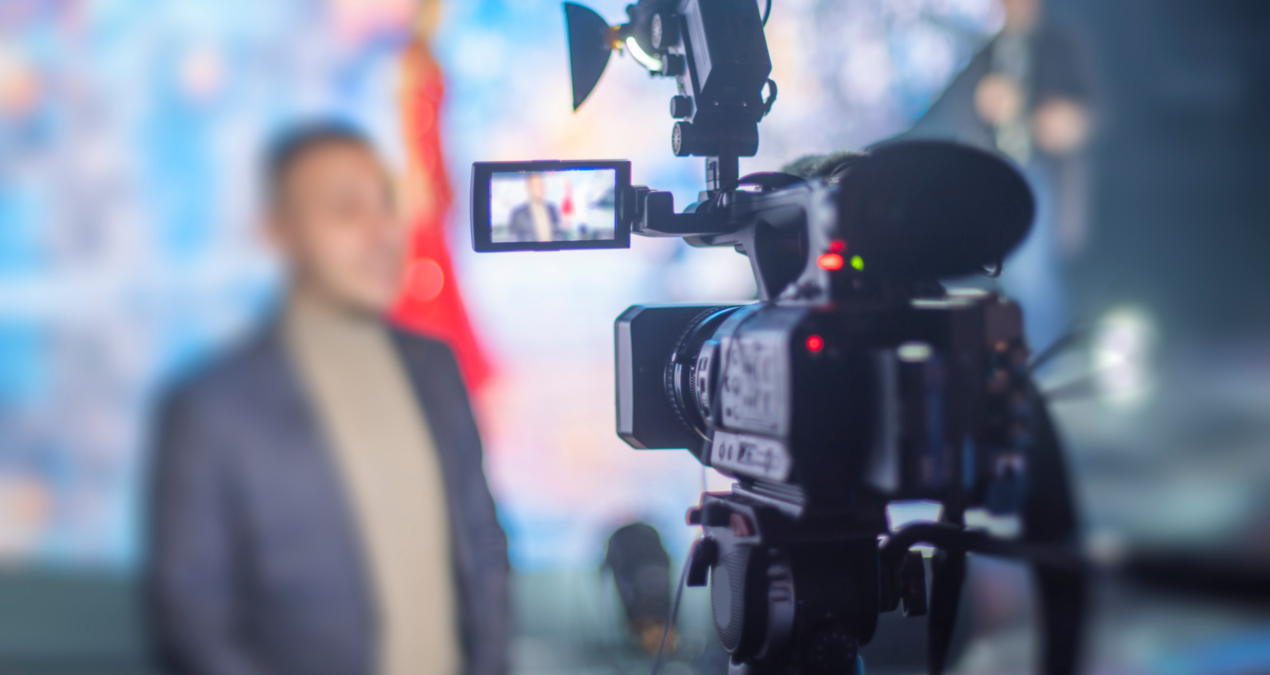Have we ever watched a movie or TV show based on a historical event and wondered how accurate it was? Well, not only do film and television have the power to entertain us with fictional stories, but they also play an essential role in documenting real-life events. From war documentaries to biopics of famous figures, movies, and shows can provide insight into our past and present. Join me as we explore the fascinating world of film and TV’s contribution to preserving history.
The Evolution of Documentary Film and TV
Documentary film and television have long been used to document historical events. The history of documentary film and TV spans back to the early days of motion pictures, when filmmakers used cameras to capture footage of people and events. Over time, documentary filmmakers have developed new techniques to tell their stories in an informative and entertaining way.
Today, documentary filmmaking continues to be an essential tool for documenting historical events. Documentary filmmakers use a variety of techniques to create engaging films that are accessible to a wide audience. Some of the most common methods documentary filmmakers use include interviews, observational footage, and creative storytelling.
Documentary films can play an essential role in educating audiences about historical events. By telling stories from different perspectives, documentary films can help viewers understand complex topics in an easy-to-follow format. In addition, documentaries can provide insights into historical moments that might not be available through other sources.
As society continues to become increasingly digitized, documentaries play an essential role in informing audiences about the history of our world. Documentaries provide a unique perspective on major events that can enrich our understanding of history.
Documenting War and Conflict Through Film and TV
The role of film and television in documenting historical events has been a long-standing practice. They can capture images and footage that can’t be found anywhere else and allow the general public to engage with history in a way that isn’t possible through other mediums. Films like The Battle of Midway (1942) and Saving Private Ryan (1998) have helped to preserve important stories from World War II and the Vietnam War, respectively.
Television has played a similar role in recent years. Shows like Downton Abbey (2010-2015) and Game of Thrones (2011-present) have focused on historical events such as the English Civil War and the Wars of the Roses, respectively.
This allows viewers to learn about these events engagingly without reading dense academic texts or watching hours of dry documentary footage.
Film and TV on Preserving Historical Memory
The role of film and television in documenting historical events is a crucial part of preserving history. Films and television programs can help educate the public about significant events. They can also contribute to the preservation of historical memory.
Films have been used to document significant moments in history for decades. The medium has become increasingly popular as technology has improved. For example, the 1991 documentary The World at War features archive footage of World War II that filmmakers such as Leni Riefenstahl shot. This documentary helped to educate people about the conflict and its effects on global society.
Television programming has also played an important role in documenting historical events. For example, The Oprah Winfrey Show aired a special episode dedicated to the 50th anniversary of the assassination of President John F. Kennedy in 2011. This episode featured interviews with survivors of the event and experts who discussed various aspects of Kennedy’s life and death. This programming generated a lot of discussion among viewers, which increased awareness about JFK’s assassination and its importance in American history.
Films and television programs are vital to documenting historical events and educating the public about significant moments in history. They can help preserve historical memory by generating discussion among viewers and providing accurate information about significant moments in history.
Challenges and Limitations
The role of film and TV in documenting historical events has always been important. Not only do they provide a way for viewers to experience history differently, but they can also help to preserve history. However, there are some challenges and limitations to this process.
One challenge is that films and TV often portray historical events in a biased way. This may be intentional or unintentional, but it can impact how the event is perceived. For example, films about the Vietnam War often portray American soldiers as heroes and Viet Cong fighters as evil villains. This can distort people’s understanding of the conflict, which could have serious implications for future generations.
Another limitation of film and TV coverage of historical events is that it can be challenging to get accurate information about these events. This is because filming occurs long after the event, and footage may have been destroyed or lost over time. In addition, many people who were involved in historical events are no longer alive to speak about them. As a result, filmmakers often have to rely on secondary sources for information about these events. This can sometimes lead to inaccuracies being included in productions about historical figures or incidents.
Capturing History Through Film and TV
The role of film and television in documenting historical events cannot be overstated. These forms of media can tell stories that would otherwise not be available, and they play an essential role in preserving history for future generations. Whether shedding light on pivotal moments in history or simply providing entertainment, these mediums are crucial in shaping our understanding of who we are as a people.

